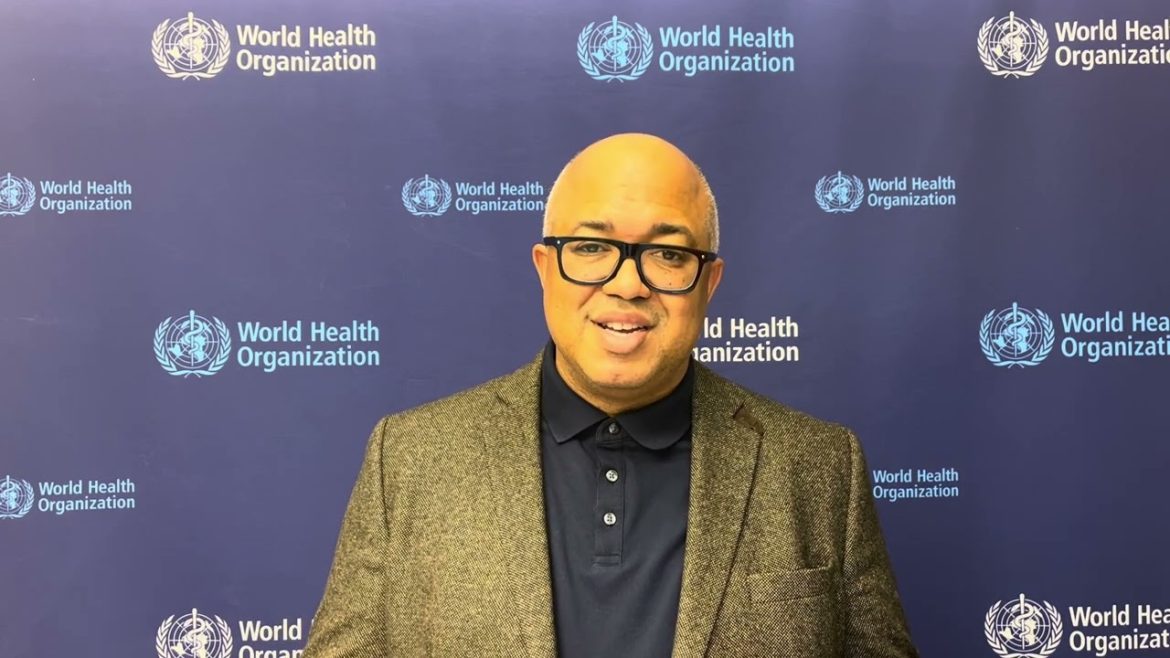By Muhammad Amaan
The World Health Organisation (WHO) has called for local investments in domestic institutions to drive health security.
Assistant Director-General of WHO, Dr Chikwe Ihekweazu, made the call in Abuja on Thursday while delivering a keynote address at the second APIN Public Health Initiatives’ Annual Health Symposium.
The symposium has “Securing our Future: Strengthening Global Health Security in Nigeria” as its theme.
Dr Ihekweazu who oversees the Division of Health Emergency Intelligence and Surveillance Systems at WHO, said that investment in domestic institutions would engender better understanding of health crisis and drive progress.
He added that it would also build capacity to better understand infectious diseases and how they are to be fixed.
“While foreign partners have a role to play, the ultimate responsibility must rest with us and how we are building and empowering our institutions.
“To do this, countries must put down their own money to act on these challenges and not outsource our problems so completely.”
He also said that the power of institutions was the bedrock of sustainable progress as they hold systems together, and would be the bridge for a stronger nation.
“We need to focus on strengthening our institutions, not just for today’s crisis, but for tomorrow’s unknowns.
“Ultimately, our ability to respond to epidemics, to absorb resources and to transform lives, depends on the strength of the institution.”
A former Director-General of the Nigeria Centre for Disease Control (NCDC), Dr Ihekweazu said that strong institutions are not just about responding to an immediate crisis, but about the ability to absorb development resources.
“It is also about translating aid into action, and delivering lasting improvements, adding that weak institutions perpetuate a cycle of dependency,” he said.
According to him, global health security depends on local health security while local health security depends on local institutions.
“Global health security is ultimately dependent on a network of strong health security institutions acting with similar protocols, mutually dependent on each other.”
The Coordinating Minister of Health and Social Welfare, Professor Muhammad Ali Pate, said that the Federal Government was working towards a “One Health” approach to ensure that it has unlimited resources to be able to integrate all programmes and tackle health issues with effective response.
Represented by the Director, Port Health Services, Dr Nse Akpan, the minister said this was important in order to contain and eliminate all diseases of importance in the country.
He added that long term plans were in place to ensure that the elimination and eradication were achieved.
“So, we need to work collectively to ensure that we achieve this. The government cannot do it alone, we need more stakeholders to come up together and see how we can tackle these diseases.”
Prof. Pate said that he was glad the country was facing its health challenges head-on, as a time may come when development partners may not be able to come to the country’s aid.
Speaking about the symposium, Dr Prosper Okonkwo, the Chief Executive Officer (CEO) of APIN, said that it was aimed at providing a platform for stakeholders to talk about global health security.
According to him, due to climate change a lot of new diseases have emerged, while those that had declined were re-emerging, giving rise to concerns.
“So, I think it’s all about trying to bring up issues that can make us better prepared for things that they say it’s not if, but when.
“So, what we are saying is how can we make our health systems better ready when things happen?
“The example that we had was COVID and for countries where their systems were okay, COVID weakened it and for countries that were already weak, COVID finished it.
“What we are saying is can we get our system to a level that can make us ready?” he asked.
APIN, through its symposiums seeks to influence policies, improve health service delivery and set the stage for the sustained progress of the Nigerian public health landscape in the future.




